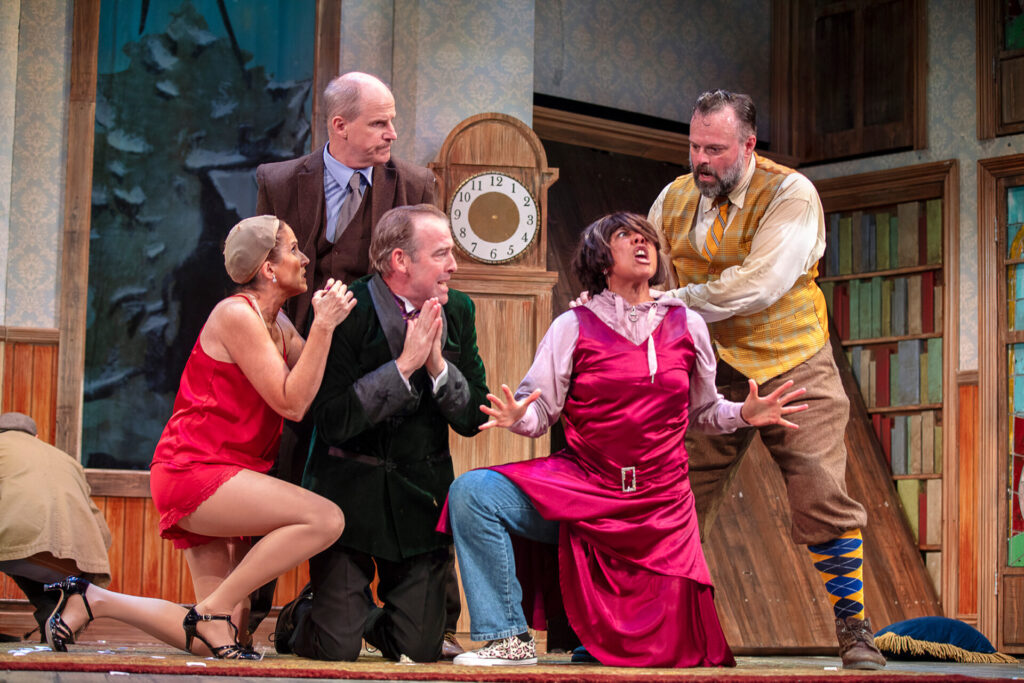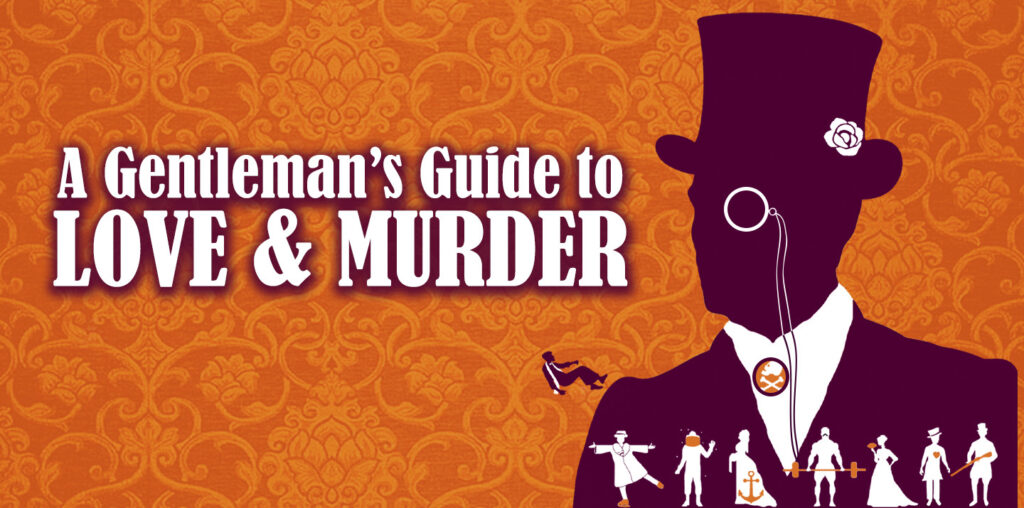Benjamin Britten’s chamber opera Albert Herring was given a fine production by Curtis Opera Theatre on March 5, 2020, at the lovely, intimate Perelman Theater
Edward Benjamin Britten, Baron Britten (1913-1976), was an English composer, conductor, and musician who dominated classical music for most of the 20th century. Among his many famous works are Peter Grimes (1945), Albert Herring (1947), The Beggar’s Opera (1948), Billy Budd (1951), Gloriana (1953), The Turn of the Screw (1954), Owen Wingrave(1971/1973), and Death in Venice(1973). Benjamin Britten enjoyed a long and loving relationship with his life partner, the esteemed tenor Sir Peter Pears (1910-1986).
With World War II coming to an end, Britten thought it might be a good idea, and profitable, to create a comic opera which had a chamber-sized orchestra which would allow it to travel around Great Britain. Eric Crozier suggested a reworking of an 1887 story by Guy de Maupassant relocated to rural England. Albert Herring had its premiere at Glyndebourne. America first heard the opera in 1949, when Britten and his troupe brought it to the Tanglewood Music Festival in Massachusetts.
George Manahan, a veteran opera conductor, led a chamber group from the Curtis Opera Orchestra in a vivid, fresh performance which bristled with kinetic energy. It is hard to imagine how the performance could have been improved. It was sensational. The production values were high, with scenery, costumes, movement, and lighting all working together to create a marvelous effect. The creative team included Benjamin Pilat, Whitney Locher, Julia Noulin-Merat, and Eve Summer. The large cast of Albert Herring included students from the Curtis School of Music, and very fine voices they were. One guest artist was Jeremy Allen, who played the boy Harry.
Albert Herring is a chamber comedy in three acts. Act I introduced nearly all the cast as they met in the mansion of the local despot Lady Billows. Lady Billows had the money and the influence to control the entire town, setting impossibly high moral standards on ordinary townsfolk. Aiding her in this foolishness of choosing a virginal May Queen was her servant Florence Pike, who seemed to have information and informants watching everyone in town. When no girl was deemed innocent and pure enough, they chose Albert Herring, a drudge controlled by his mother who never enjoyed being young. All agreed he was the only virgin in town. And there began the tale which was to have a curious conclusion.
All the men were fine indeed, with Andrew Moore, Colin Aikins, and Thomas Petrushka singing their roles with distinction. Ethan Burck had the unenviable role of Albert Herring, who many pitied or considered mentally slow-witted. Burck sang with clarity, clear diction, and affecting pathos when needed. Outstanding also were the young lovers, Sid, played by Ben Schaefer, and Nancy, played by Sophia Maekawa. Both sang and acted well together. Their attraction was obvious, since Sid often couldn’t keep his hands off Nancy. Both young artists sang with ease and finesse.
Marissa Beddows (Lady Billows), Anastasiia Sidorova (Florence Pike) and Lindsey Reynolds (Miss Wordsworth) had their moments. However, all could have had better diction, and were occasionally shrill. This was especially the case with Lindsey Reynolds, who as a school teacher chided the children to be less shrill when singing. Ms. Reynolds occasionally mistook loud for ear-piercing. With a bit of finesse, she could be a fine singer with decades ahead of her in leading roles, and not just forest birds, heavenly voices, and an occasional Valkyrie.
Bravos should go to Curtis, George Manahan, the design team, the use of excellent supertitles, and to all the young artists who made this Albert Herring a rare treat.
Albert Herring will be given with alternating casts on March 5, 6, 7, and the 8th as a matinee. Later on, drop into student recitals at Curtis every Monday at 6pm and Wednesdays and Fridays at 8pm. For information visit www.curtis.edu , or www.curtis.edu/recitals .







